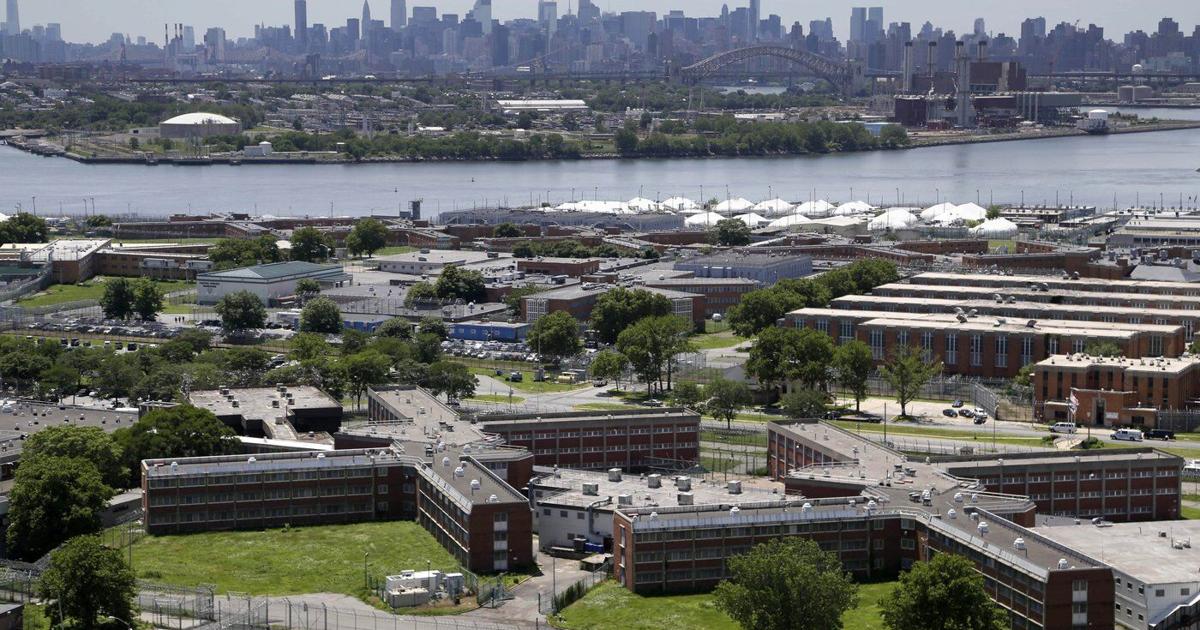HALIFAX – As Nova Scotia politicians make their fall election promises, Julie Leggett is urging them to commit to helping people on income assistance stay cool during heat waves.
The resident of New Glasgow, N.S., recently won an appeal board decision granting her a $450 reimbursement for an air conditioner, and she’s hoping the victory will become a wider policy in the Department of Community Services.
The 44-year-old bought the air conditioner with a loan from a friend this summer because she couldn’t face another stretch of weeks during which the heat increased her chronic pain and added complications to her multiple sclerosis.
However, the Department of Community Services refused to pay for the unit, leading her to make her case before the Assistance Appeal Board.
In an Oct. 22 ruling, board member Wanda MacDonald agreed with Leggett that the medical conditions she experiences are made worse by the blasts of high heat that can sweep across the province in July and August.
Air conditioners are not explicitly on a list of “special needs” that people on income assistance in the province are eligible for, according to an email from the department.
However, MacDonald noted in her written ruling that Leggett had provided medical information showing how heat could worsen her chronic pain and other health conditions. The adjudicator concluded Leggett met the regulation’s criteria that the item requested — the air conditioner — “is essential for health.”
“The appeal is granted,” wrote the board member. “The department will provide funding to reimburse the appellant for the portable air conditioner as a one-time special need.”
Leggett said in an interview that while she appreciates the decision, she’s hoping for a policy change in which people living in apartments on income assistance can obtain air conditioning without having to fight through similar appeal processes.
She said that for people like her — living on about $1,300 a month in disability income assistance — the cost of purchasing an air conditioner is beyond reach.
“It is a need of every human being, whether they have a disability or health condition or not,” she said.
She added that if the government continues to resist providing cooling to people on income assistance, it will result in the province having to cover the costs of emergency transport and of medical conditions made worse by extreme heat.
The decision noted that, “since borrowing the money to purchase an air conditioner, the appellant (Leggett’s) health has improved.”
On the provincial election campaign, two of the main parties’ leaders said they supported Leggett’s request for the policy change, while Progressive Conservative Leader Tim Houston, whose party is far ahead in recent polls, said he would consider it if re-elected Nov. 26.
Houston told reporters on Nov. 5, “through the Department of Community Services, there are different programs for cellphones, there’s additional money for medical conditions and dietary requirements. That (air conditioning) would be something … we should look at and we’d be happy to look at that.”
NDP Leader Claudia Chender said in an email, “What happened to Julie Leggett is unacceptable. She should not have had to fight the government over this, but we are glad she won her case.”
“The NDP has previously called for air conditioning in long-term care and government-owned seniors buildings.”
Zach Churchill, leader of the Liberal Party, told reporters last week, “those things (air conditioning) should be made available for them, particularly if it is an issue of life and death or a major health issue in a period of intense heat or cold,” he said.
Vince Calderhead, a lawyer who has represented people in appeals before the board, said in an email its findings are not binding for other cases, but can have an influence.
“Should a similar case arise, the department wouldn’t be bound by the decision though it ought to give it due consideration in its administration of the legislation,” he said.
This report by The Canadian Press was first published Nov. 11, 2024.























